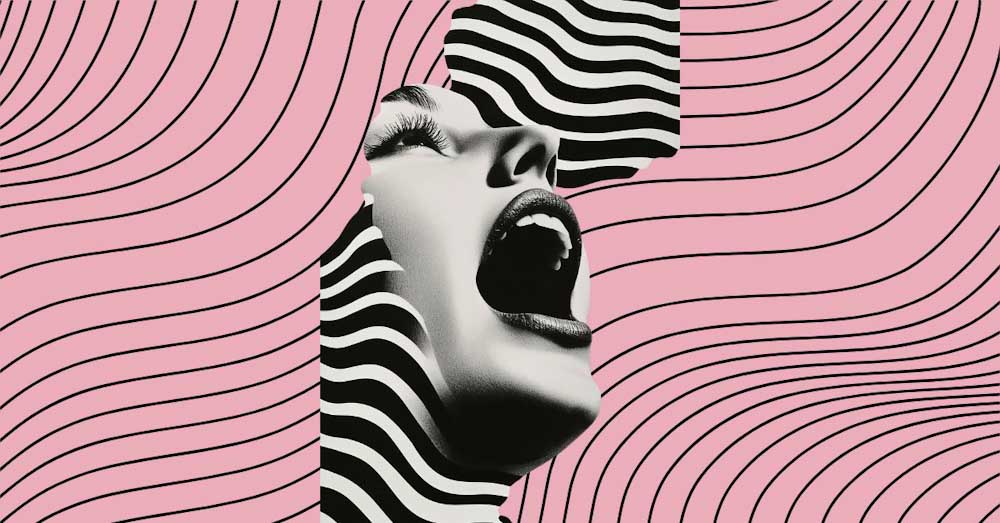
There are several books on the concept of radical honesty and I read all of them, such as:
– Radical Honesty by Brad Blanton
– Radical Candor by Kim Scott
– Mode One by Alan Roger Currie, and
– Crucial Conversations by Kerry Patterson
This concept of complete honesty seems to be very important, and it alone seems like it can change the world for the better, as we are said to be pathological liars, constantly lying (or white lying) to ourselves and each other for innumerable reasons.
However, this comes at the cost of walking on eggshells, as we progressively take more complex and elaborated steps in different parts of our lives to protect our lies, building a complex web that we ourselves have a difficult time navigating (not to mention others) and, eventually, these lies become our identities, and we go to extremes to protect these new fake identities, these distortions of reality.
And this is true for our whole societies, so it’s no longer innocent, one lie, and one person. It’s true for everyone, as whole societies are building webs of lies, which is why today we live in a society where wearing a mask has become a new norm, and everyone has mental health issues because we are so afraid to tell each other the truth.
For example, in dating, I’ve seen partners lying to each other regularly, not to mention in contexts like dating where lying is even more common. As such, when a guy approaches a girl and instead of being honest about their intentions, they often lie and engage in small talk about the weather or show off their expensive watches. They go through elaborate routines, meanwhile avoiding the real reason for their approach, hiding their true intentions towards that person, somehow hoping that the other party will know what they really want, leading to dishonesty, lying, and frustration on the side of both sexes.
In turn, women also put on their own show, with some women dangling around the promise of intimacy, intentionally misleading people, and then blaming men for many problems in society, while they themselves are also part of the problem.
It’s like going to a gas station and instead of directly asking for $20 on gas pump number 3, we start talking with a cashier about the weather or the latest football scores, never really asking for $20 on gas pump number 3, hoping that the cashier somehow figures out why we are there and gives it to us. Or, in a restaurant, instead of asking for a menu, we start talking about the latest meme we saw on TikTok, hoping that it somehow results in an order. Of course, in these examples we can, should, and for the most part do just ask for the $20 on gas pump number 3 and the menu in the restaurant. However, in dating, we aren’t saying what we want and need. Instead, we beat around the bush, not being direct and truthful, which is also true for numerous other parts of our life.
Of course, we fear speaking the truth because we are afraid of violent rejection, physical attacks, and even being incarcerated. After all, today, there are numerous social movements, unspoken norms, and complex laws that most people don’t fully understand. These include using pronouns correctly, striving for complete inclusion and equality, and much more, with a slight misstep having a potential to lead to a violent outcome.
And there are numerous rules that make us feel like we are constantly walking on eggshells, afraid that at any moment we might do or say something wrong and be punished for it. It’s no wonder that everyone is lying.
We should be able to have difficult conversations with ourselves and others, stating uncomfortable truths, while being able to listen to others without judgment or punishment. In turn, these conversations should lead to actions that we can collectively take in order to improve our lives and society as a whole.
Interestingly, some actions become as obvious as breathing air once we remove levels of complexity from our lives and embrace radical honesty and removing lying from our dictionary.
As Alan Roger Currie states in his book Mode One, there are four levels of conversation:
- Mode One – Saying everything truthfully and directly regardless of any perceived consequences
- Mode Two – Being very polite, cautious, and vague or ambiguous, such as telling white lies
- Mode Three – Being blatantly dishonest, disingenuous, misleading, and manipulative
- Mode Four – Being intentionally antagonistic, insulting, rude, and argumentative.
Interestingly, the more we engage in Mode One conversations, the more we realize how dishonest and manipulative all other modes can be, and how even small lies are simply dishonest expressions of our egos.
This foundation of lies only serves to make everything more complex, painful, and ultimately unnecessary. Therefore, telling the truth is a cornerstone of a utopian society, something we should all aspire to regardless of how it may ultimately make us feel.
And yet, telling the complete and unabridged truth seems to be the most straightforward path to happiness, well-being, and a utopian vision. It is like removing a weight from our shoulders, making our body and mind lighter, liberating valuable resources that can be reinvested into other aspects of life. In turn, it also automatically resolves a lot of unhappiness and mental health issues and disorders, which is important as many people are suffering, and instead want to be happy.
Ultimately, we only live once, so it is wise to stop wasting our time doing things that ultimately bring us more problems than worth, such as lying.
Finally, ultimate and unconditional happiness (aka Optimal Happiness) is possible, but we need to be true to ourselves and others. So if you are interested in learning more about what it really takes to be happy, please continue reading this blog, buy our books, or join our happiness programs.
Stay happy!





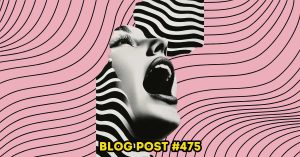

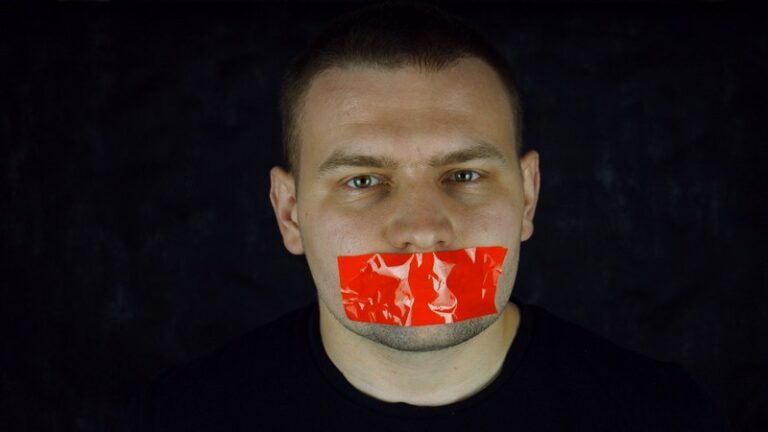



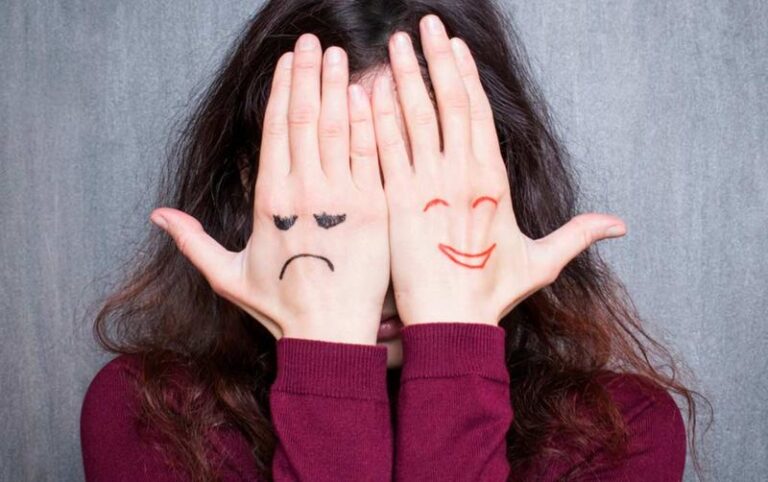
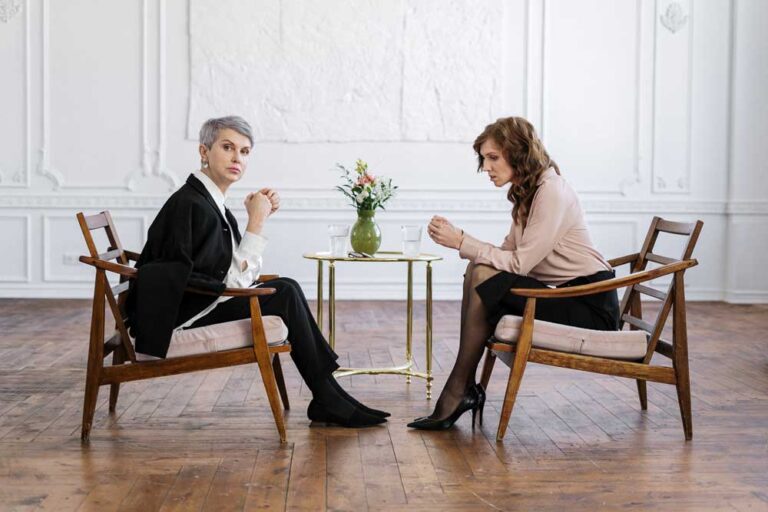

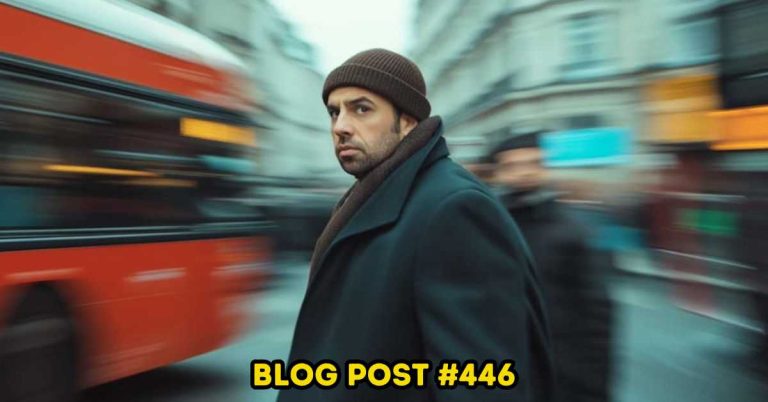
2 thoughts on “Radical Honesty: Path to Mental Health & Happiness”
Great post!👏 Thanks for sharing
Great post. It’s liberating when you she’d the shame and be absolutely honest.